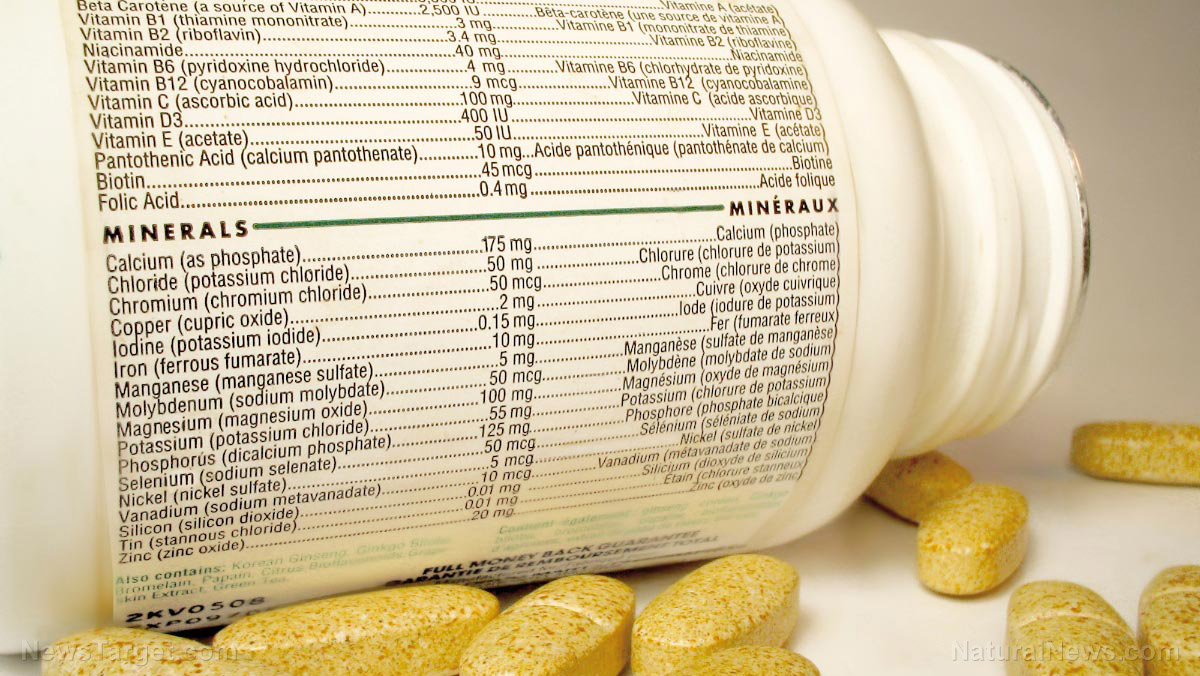Are you aware of these common causes of chronic inflammation?
11/04/2018 / By RJ Jhonson

Inflammation is a good thing in small doses. Only when it goes on for too long does it become a problem, causing a number of symptoms and conditions ranging from pain to heart disease and depression. Certain things you do or experience can actually lead to inflammation – knowing what they are and avoiding them can help you lower your risk of getting sick.
Inflammation is part of your body’s immune response. It is an indication that your body is fighting off disease-causing pathogens, is busy repairing damaged tissue, or both. Inflammation, therefore, lets you know that your immune system is functioning as it should.
There are two types of inflammation: acute and chronic. Acute inflammation is what happens when you are exposed to harmful stimuli, such as when you get an injury or stay under the sun for too long. It is localized and although it causes redness, pain, and swelling, it means your body is healing just fine.
When acute inflammation goes on for too long, it comes to be known as chronic inflammation. This is inflammation that keeps on happening long after the threat has been eliminated, which means that your body’s immune cells now have nothing to attack – except your own healthy cells. That said, it has been linked to various health conditions, including acne, psoriasis, allergies, cardiovascular disease, and depression, among others. Unlike its acute version, chronic inflammation does not cause many physical symptoms, which is why some call it “the silent killer.”
Chronic inflammation can occur for a number of reasons, many of which are common in the Western lifestyle.
Chronic stress
Stress, whether it’s from work, relationships, school, and others, has a negative impact on your health. It is linked to an increased risk of developing heart conditions and mental problems, among others. Stress causes inflammation because it wreaks havoc on your immune system, preventing your body from effectively regulating your own immune response.
Too much alcohol
Some alcoholic beverages, such as red wine, contain antioxidants that can boost your health. Excessive alcohol, however, harms your body. According to studies, your liver generates by-products as it breaks down the alcohol you consume during the detoxification process. These by-products are more dangerous than the alcohol itself. One of the bad effects of too much liquor is an inflammation of the liver called liver cirrhosis.
To prevent this, it is important that you limit your alcohol intake. The recommended daily alcohol consumption tends to vary among different countries. In the U.S., it’s two drinks for men and one drink for women.
Lack of sleep
Inadequate sleep is linked to various metabolic disorders, including diabetes. The impact of too little sleep is such that according to studies, reducing a regular eight-hour sleep by merely 20 to 25 percent can elevate your inflammatory markers, increasing your risk of developing inflammation-related health conditions.
Too much sugar
Carbohydrates aren’t always bad for you. They serve as your body’s main fuel and are crucial to energy and brain function. However, too much of them is too risky. Refined sugars and grains, such as white rice, processed sugar, and white flour, cause Type 2 diabetes when consumed in large quantities. They are also pro-inflammatory foods.
To prevent the bad effects of refined carbohydrates, you need to limit your consumption of them. You will also need to increase your intake of essential nutrients.
Sources include:
Tagged Under: acute inflammation, causes of inflammation, chronic inflammation, chronic stress, excessive alcohol, excessive sugar, inflammation, lack of sleep, prevention, pro-inflammatory



















